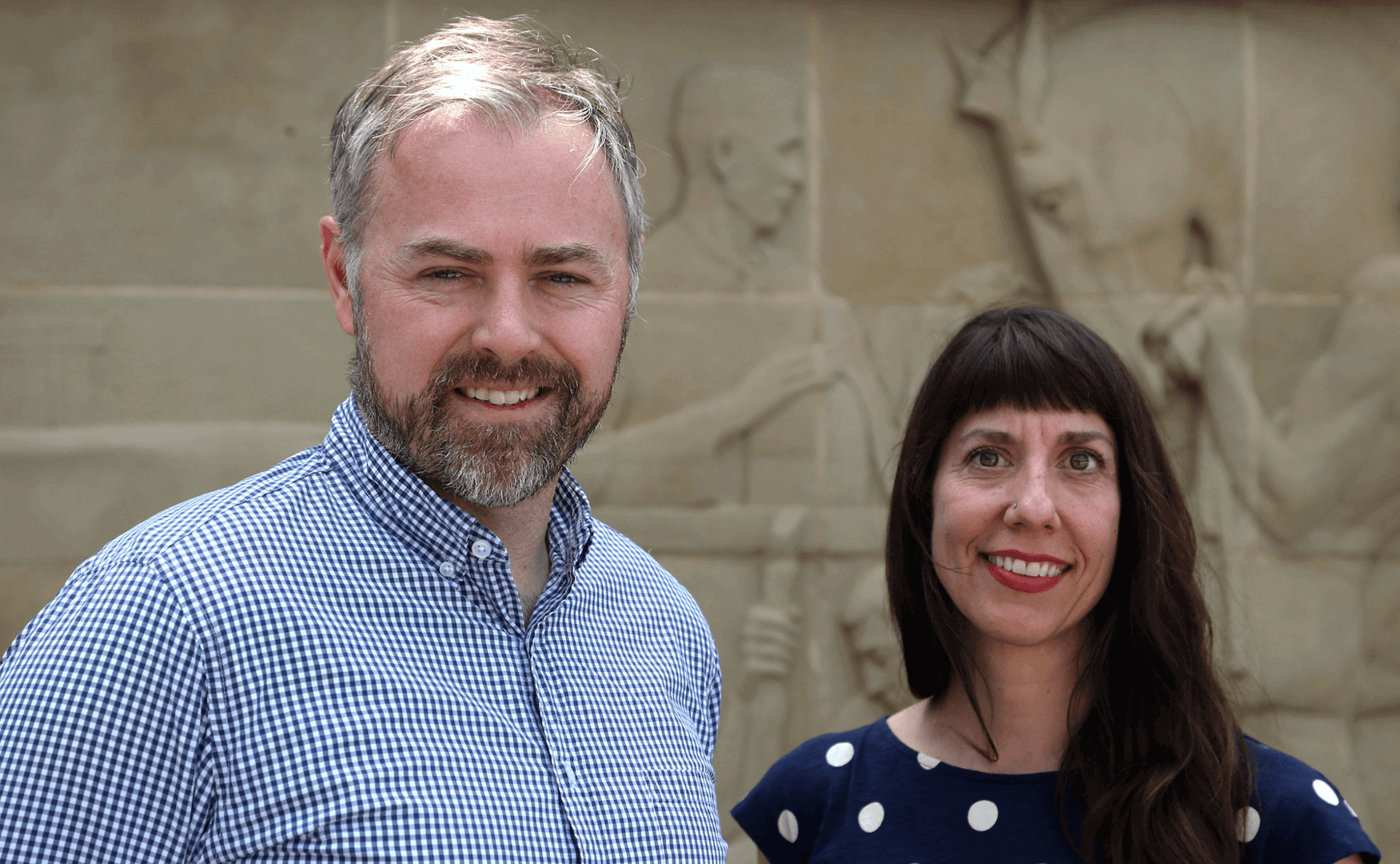Roy J. Carver Charitable Trust Support Helps Expand Research Capabilities at Iowa State University
Posted Jul 9, 2021

Posted Jul 9, 2021

The Roy J. Carver Charitable Trust of Muscatine, Iowa, has committed $400,000 to help expand the microscopy capabilities at Iowa State University, aiding the university’s research in human and animal health, reliable food production and innovative bioenergy solutions and bioproducts.
With the Carver Trust’s investment, the university’s Office of Biotechnology will be able to purchase a stimulated emission depletion (STED) super-resolution microscopy system. As researchers delve deeper into cells to capture subcellular structures and view live cell processes, microscopy technologies that offer sharp resolution with minimal invasiveness have become the gold standard.
“Advances in technology often provide substantial improvements in research capabilities, but seldom is there an advancement that literally opens new vistas of research for a wide range of disciplines, including human, animal, plant and microbial research alike,” said Michael Kimber, chair of the department of biomedical sciences in Iowa State’s College of Veterinary Medicine. “We are grateful for the Roy J. Carver Charitable Trust’s investment in this work.”
Traditional light microscopy, while useful for some applications, is limited by the physics of light diffraction through glass lenses, which curtails resolution at approximately 200 nanometers. It is impossible for traditional fluorescent microscopy methods to discern subcellular structures and organelles, which to even the most refined microscopes appear as blurs. In STED microscopy, a donut-shaped depletion beam is applied to a confocal laser scanning microscopy system to produce a sharper resolution at 30 nanometers.
Examples of research at Iowa State that will benefit from the STED microscopy system include research to treat parasitic diseases such as malaria, the discovery of new therapeutic targets for inflammatory diseases, improve vaccine development, test how to overcome drug-resistant pathogens such as tuberculosis and COVID-19, and better understand birth defects, neurological disorders, male infertility in humans and animals, the aging process’s impact on the heart and liver, and plant metabolism to improve human food, animal feed, bioenergy and bioproducts.
“The Roy J. Carver Charitable Trust’s support will enable researchers at Iowa State and the surrounding research communities to explore new hypotheses in their research,” said Office of Biotechnology Director Jeanne Serb of the system, which will be available to researchers from other Regent institutions and industry users. “In addition, it will offer graduate students the opportunity to learn about and be trained in advanced microscopy techniques.”
The new system will add to the offerings of the Roy J. Carver High Resolution Microscopy Facility of the Office of Biotechnology, which provides atomic force microscopy, light microscopy, scanning electron microscopy, transmission electron microscopy, lightsheet microscopy and confocal and multiphoton microscopy. The STED super-resolution microscopy system will be located in a satellite location at Iowa State’s Veterinary Medicine Complex, providing maximum access to instrumentation for researchers and students in biomedical sciences, biochemistry, biophysics, molecular biology, genetics, development and cell biology, as well as other disciplines across campus.
The Roy J. Carver Charitable Trust of Muscatine, Iowa, is one of the largest private philanthropic foundations in the state of Iowa, with assets of $400 million and annual grant distributions of $16 million. It was created through the will of Roy J. Carver, a Muscatine industrialist and philanthropist, who died in 1981.
The Carver Trust made its gift commitment through the Iowa State University Foundation. The foundation is a private, nonprofit organization committed to securing and managing gifts that benefit Iowa State University. The Forever True, For Iowa State campaign, with a historic goal to raise $1.5 billion, will help support Iowa State in becoming the premier land-grant university for the 21st century and beyond.